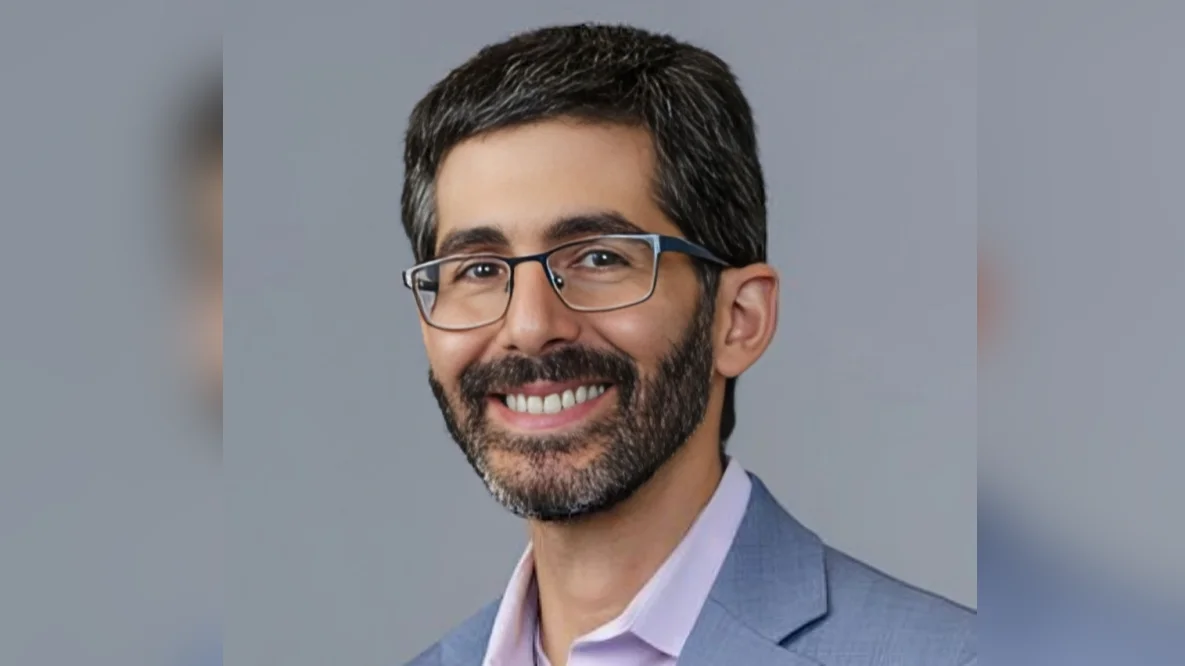
Rutgers Health researchers are conducting a new study to assess the impact of severe weather events on individuals with a history of breast cancer. This research, supported by a $1,246,090 grant from the National Cancer Institute, will span five years and focus on how billion-dollar storms affect cancer care and outcomes.
Dr. Benjamin Bates, an instructor at Rutgers Robert Wood Johnson Medical School and Rutgers School of Public Health, is leading the study. He stated, "Severe weather events are an issue of increasing concern, and we’re focusing on the types of events that can impact populations vulnerable to disruptions in care."
The study will evaluate approximately 8,000 New Jersey residents diagnosed with breast cancer each year who undergo various treatments such as surgical resection, radiation therapy, chemotherapy, immunotherapy, or endocrine therapy. These patients then receive ongoing surveillance to monitor for cancer progression or recurrence.
Researchers aim to identify which types of disruptions most negatively impact treatment and health outcomes for breast cancer patients. The study will consider factors such as comorbidities, socio-economic status, geographic location, and the specific types of treatments disrupted by severe weather.
Bates highlighted that while many chronic conditions could be affected by major weather events, breast cancer was chosen due to its prevalence—affecting one in eight women in the United States—and its generally positive response to timely treatment.
According to data from the US National Oceanic and Atmospheric Administration (NOAA), nearly 200 billion-dollar storms have occurred since 2000. The median cost per storm is approximately $2 billion.
The overall goals of the study include gathering expert input nationwide to determine current practices and areas needing improvement. Researchers aim to develop strategies that can mitigate adverse health impacts caused by severe storms on individuals with a history of breast cancer.
"In large part, our research is focused on communities and their health systems," said Bates. "The more we understand who is most at risk and how they are impacted, the more effective we will be at warning patients in advance and having contingency plans ready for implementation."